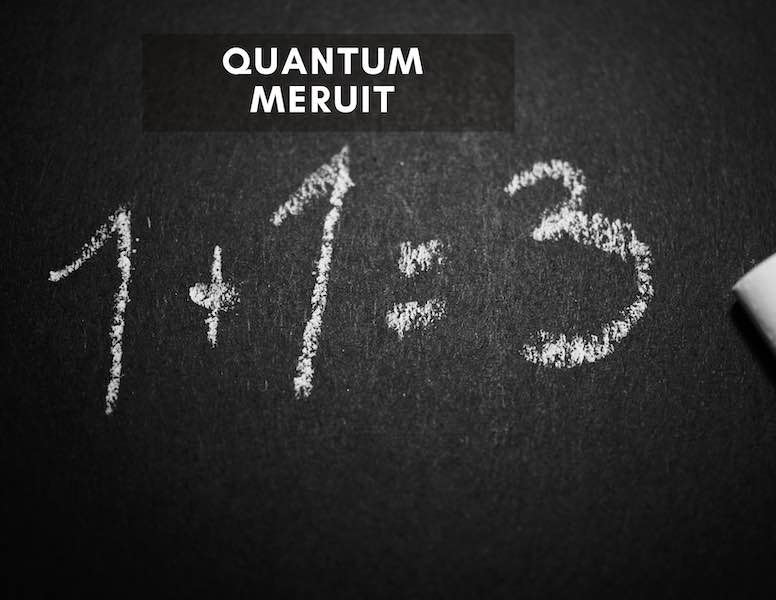Just Desserts: Tale of Quantum Meruit
by Voon Su Huei ~ 27 October 2020
Quantum Meruit – “what one has earned”.
Broadly, quantum meruit is a theory of recovery premised on principles of equity and fairness and put simply, involves getting what you deserve for the services that you have rendered under a contract.
But wouldn’t the contract already spell out the price of services provided?
Well, one can envisage a scenario where a plaintiff has performed services under a contract where a price had not been fixed. Or perhaps, an innocent party chooses to terminate a contract entered into but seeks to recover the reasonable value of work already rendered.
Granted, in some cases, a quantum meruit claim may be more than a claim for the contractual sum. And an innocent party who terminates a contract can sometimes find it more advantageous to base his claim on quantum meruit than for damages for breach.
Nonetheless, for the purposes of this post, the emphasis is on the doctrine of quantum meruit itself and some key points to take note of.
So How Does It Work?
We turn to section 71 of the Contracts Act 1950 which says that:
“Where a person lawfully does anything for another person, or delivers anything to him, not intending to do so gratuitously, and such other person enjoys the benefit thereof, the latter is bound to make compensation to the former in respect of, or to restore, the thing so done or delivered.”
The Privy Council decision of Siow Wong Fatt v Susur Rotan Mining Ltd & Anor [1967] 2 MLJ 118 spells out four conditions which must be satisfied to ground a quantum meruit claim under section 71 of the Contracts Act 1950:
- must be lawful
- must be done for another person
- must not be intended to be done gratuitously
- must be such that the other person enjoys the benefit of the act or the delivery.
In other words, if you provide lawful services to a separate party, who either asked or accepted these services, and that party knows those services are not free, and he/she has enjoyed the benefit of those services provided, the conditions for a quantum meruit claim would be satisfied. Think of instances where emergency aid has been provided by a doctor, or where there is a need to determine the total amount due when a commissioned task ended unexpectedly.
It is important to note, however, that just because a party has expended time and effort in performing a task, that does not equate to him/her having the right to bring a quantum meruit claim.
For example, consider the High Court decision of Md Hamid Merican bin Abdul Kader Merican v Abdul Razak bin Hussain & Ors [2010] 9 MLJ. In this case the one and only letter supporting the plaintiff’s claim for quantum meruit expressly says that the balance fees are payable “upon successful completion of the sale and purchase”. Thus, even though the plaintiff had expended time and effort to obtain the necessary approvals, so long as the share sale agreement itself was not completed, it could not be said that the plaintiff had accomplished what he was supposed to do to warrant payment. It needs to be shown that the party on the receiving end of services had benefited from the same.
Further, a party bringing a claim for quantum meruit must not be in breach of the contract. Otherwise, he/she would not be entitled to a quantum meruit for work done even if he/she had partially performed some part of his obligation. This principle is well-encapsulated by Blackburn J in Roberts v The Bury Improvement Commissioners (1870) LR 5 CP 310 326:
“It is a principle very well established at common law, that no person can take advantage of the non-fulfilment of a condition the performance of which has been hindered by himself; see Com. Dig. Condition (L); and also that he cannot sue for a breach of contract occasioned by his own breach of contract, so that any damage he would otherwise have been entitled to for the breach of the contract to him would immediately be recoverable back as damages arising from his own breach of contract.”
Last but not least, if you intend to bring a claim for quantum meruit, be sure to properly plead the same in your statement of claim or counterclaim as the case may be. The pleaded facts must clearly show that the four conditions stated in Siow Wong Fatt (supra) are satisfied.
If you are the party suing, perhaps it all boils down to one imperative question – have you lawfully done something for the other party that could not have been a mere favour? If so, you may have a valid quantum meruit claim in your hands.

